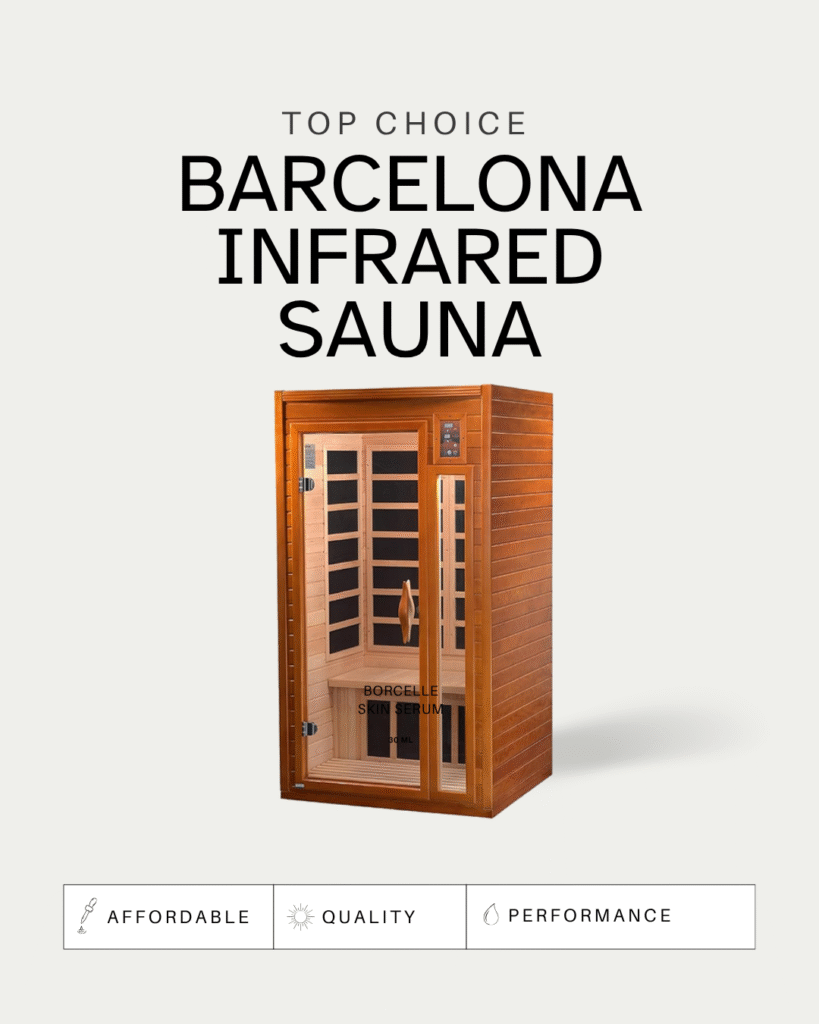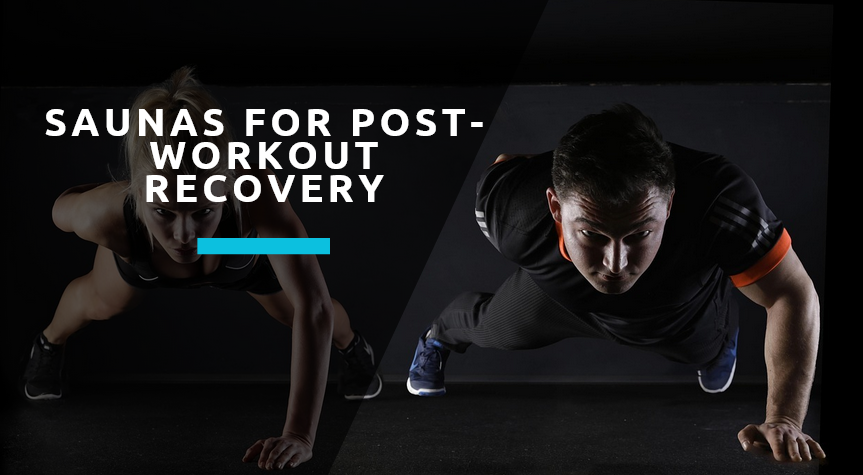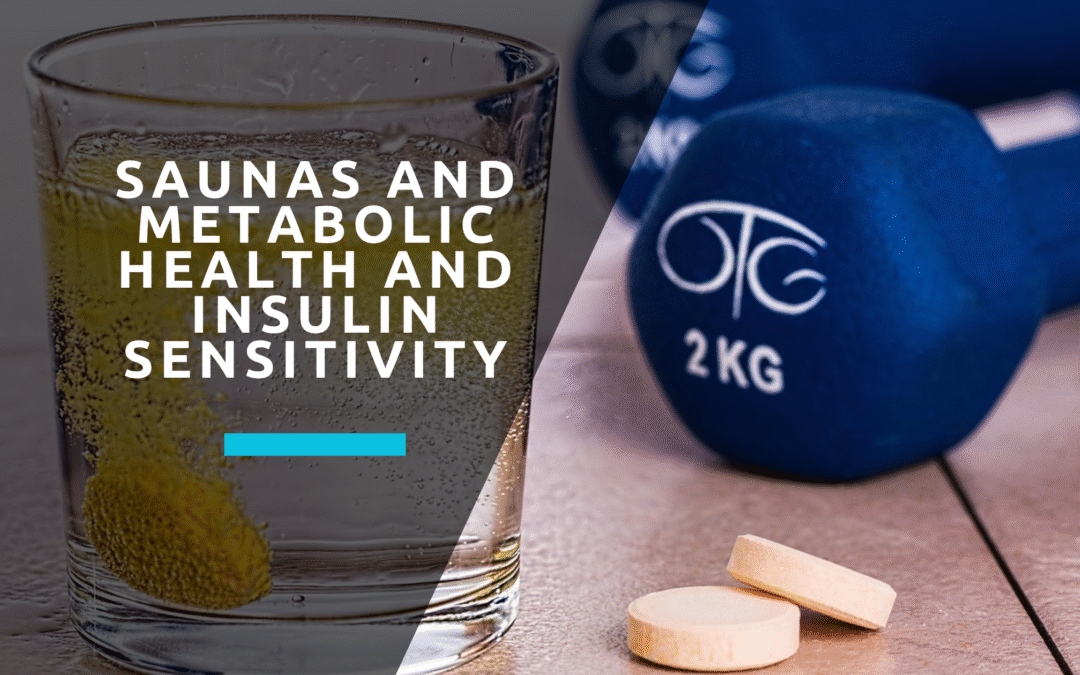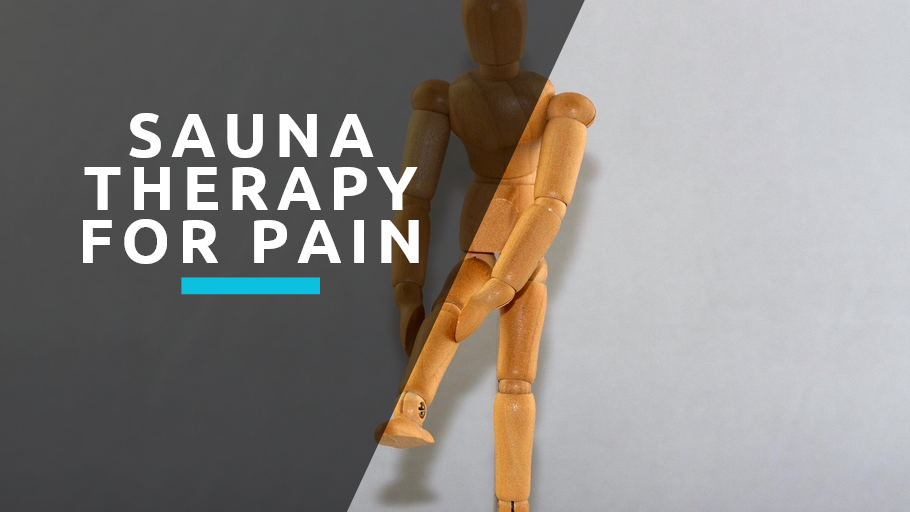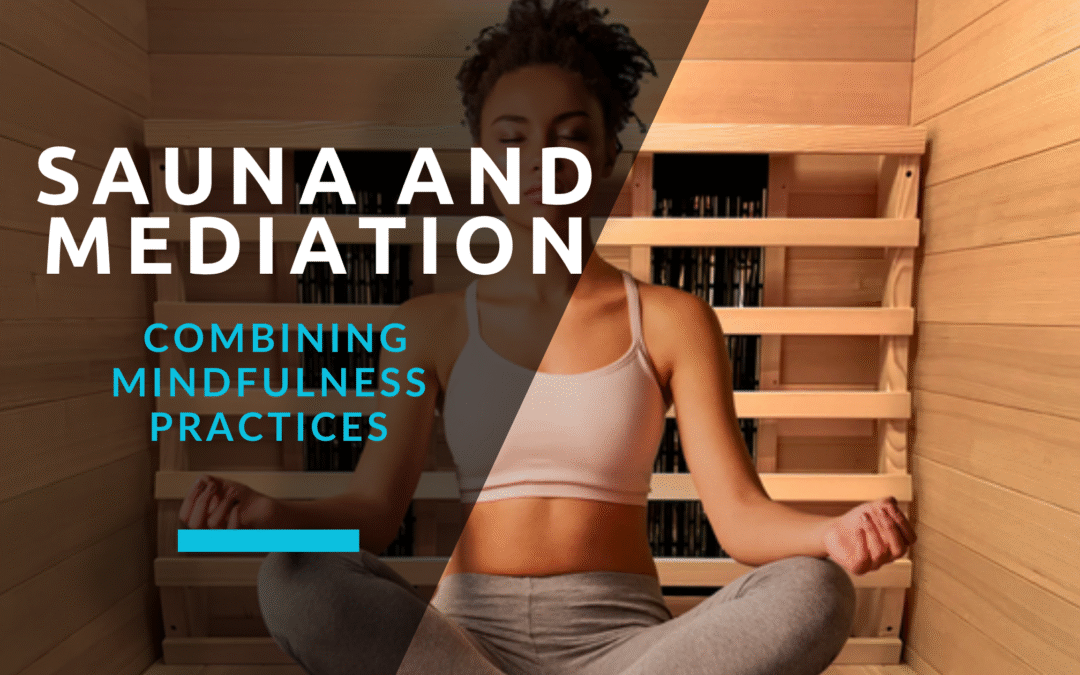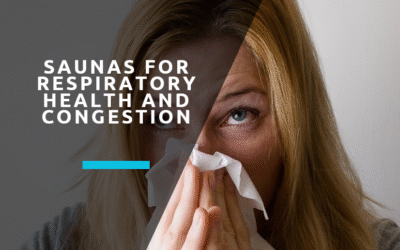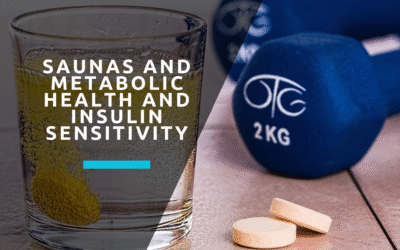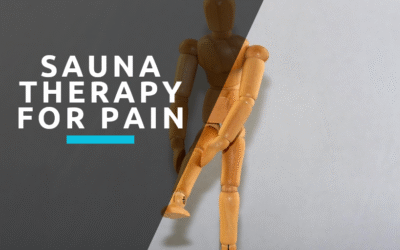
With winter coming to the northern hemisphere, many people are wondering how they will cope with the winter blues. For many people the lower amounts of sunshine, being stuck indoors, and a corresponding drop in melatonin and serotonin is destabilizing for their mood. The name for this is Seasonal Affective Disorder or SAD.
SAD can include the following symptoms
- Feeling depressed all or most of the day
- Not feeling interest in normally fun activities
- Lowered energy levels
- Sleep issues
- Appetite changes
- Low concentration levels
- Feeling guilty or hopeless
While 10 million Americans are estimated to suffer from SAD in the USA many times more display at least mild symptoms of it according to Psychology Today. Current treatments include light therapy, medication, talk therapy, and vitamin D. However there are other treatment options that appear promising including regular sauna useage.
It seems fitting that the rime sauna using countries are also the countries with the longest winters and shortest winter days. Finland for instance gets only 6 hours of sunlight in the south and virtually no sunlight in the northern areas. Other Sauna nations such as Sweden, Estonia and Russia have similar long winter nights. It is a nordic tradition to beat the winter blues with a good sauna. There are many studied reasons why a winter sauna session may be a much needed tonic in the winter.
Sauna and the Brain
SAD is associated with a drop in serotonin and an overall negative shift in mood. It may surprise people that using the sauna can have an impact on our brains that is scientifically understood.
- Saunas help to release cholesterol, fat-soluble toxins, toxic heavy metals, sulfuric acid, sodium, ammonia and uric acid from the body allowing our thyroids to function better.
- Saunas help us sleep according to Institute for Health Promotion Research, sleep is essential for managing our moods
- A session of high heat produces prolactin which is converted into myelin aiding in emotional resilience.
- Heat stress from saunas produce BDNP (brain derived neurotrophic factor) in the same way as exercise. BDNF promotes neurological plasticity meaning we are more emotionally open.
- Beta endorphins are released in sauna use especially in conjunction with exercise.
LED lighting
Saunas are equipped with LED lighting including often chromotherapy. LED lighting is often doctor recommended for people with SAD and saunas are a good place to sit and take in bright lights. Sauna models with chromotherapy are designed to boost moods through shifting colors specifically.
Social Aspects
Socializing with others is one of the most tried and true ways of beating the blues for a large portion of the population. Saunas can provide a major social function in many nations. It is thought in Scandinavia that people open up more in the sauna environment than other spaces. Certainly many people receive more visitors after procuring a sauna in especially cold locations.
Reduce Cold Sensitivity
Contrary to what one might expect sauna use actually helps people acclimatize to cold weather. This means that after a sauna session a cold day outside may not feels as cold as it did before. This is especially true if the sauna use is combined with cold plunges.
Related Articles
Sauna Use for Respiratory Health and Congestion Relief
If you've ever suffered through a cold or sinus infection, you know the misery of congestion—the pressure, the difficulty breathing, the endless tissues. While medications can help, many people find significant relief from an unexpected source: the humble sauna. The...
How Saunas Affect Metabolic Health and Insulin Sensitivity
I'll admit, I first started using saunas because they felt good. The relaxation, the heat, the quiet—it was a break from everything else. I didn't think much about what was happening inside my body beyond "sweating out toxins" (which, let's be honest, isn't really how...
Sauna Therapy for Chronic Pain Management
Living with chronic pain can feel like an endless battle. Whether it stems from arthritis, fibromyalgia, back pain, or sports injuries, the constant discomfort affects every aspect of daily life. While medications and physical therapy remain important treatment...


